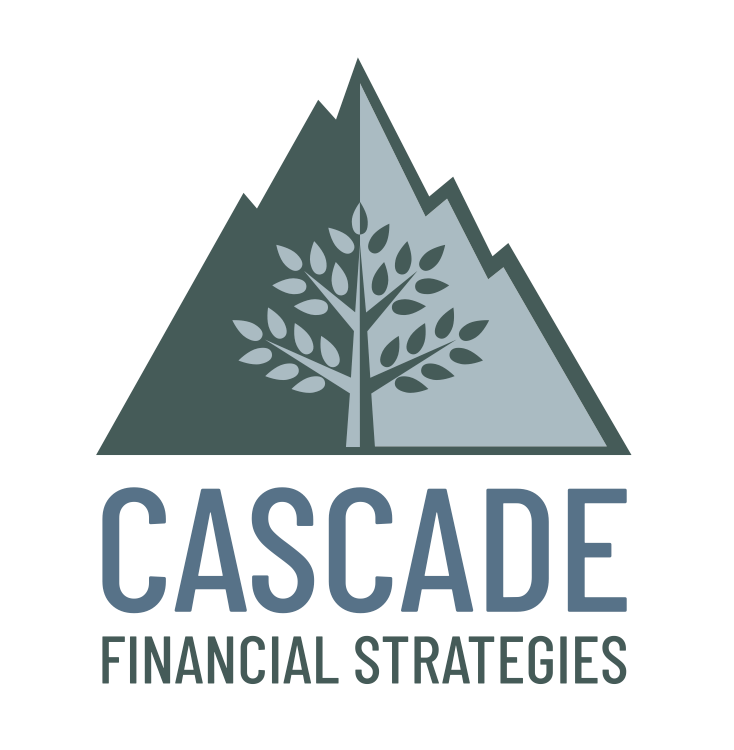1031 vs 721 Real Estate Exchanges: Which Tax Strategy Fits Your Investment Goals?
A 721 exchange is a powerful strategy that allows you to sell a highly appreciated property without realizing all the capital gains in a single tax year. Instead, it gives you the ability to spread those gains over time, often across many years, helping you manage tax exposure and access liquidity at your own pace.
If you've owned investment real estate for a while, you're likely familiar with the tax trap that comes with selling: big appreciation often means a big capital gains bill. That tax burden can leave you feeling stuck. Torn between continuing to manage a property you no longer want or triggering a hefty tax hit all at once.
Fortunately, there are smarter ways to exit real estate while keeping more of your equity working for you. Two of the most effective tools are the 1031 exchange and the 721 exchange. Both offer tax deferral, but they serve different goals and lifestyles.
Let’s explore how these two strategies compare and when one might make more sense than the other.
What Is a 1031 Exchange?
A 1031 exchange, named after Section 1031 of the Internal Revenue Code, allows real estate investors to defer capital gains taxes by reinvesting proceeds from the sale of one investment property into another "like-kind" property.
Key Highlights:
- You must identify a replacement property within 45 days and close within 180 days of the sale.
- The exchange must be facilitated by a Qualified Intermediary (QI). You can’t take possession of the proceeds.
- Properties must be held for investment or business use, not personal residences.
- Widely used by active real estate investors to defer taxes and grow portfolios.
Ideal For:
- Investors who want to stay in the game and continue managing physical properties.
- Those seeking to consolidate or diversify across real estate types while maintaining direct ownership.
- Individuals comfortable with managing tenants, toilets, and turnover.
What Is a 721 Exchange?
A 721 exchange, also known as an UPREIT (Umbrella Partnership Real Estate Investment Trust) exchange, allows property owners to contribute real estate (typically through a Delaware Statutory Trust, or DST) into a Real Estate Investment Trust (REIT) in exchange for Operating Partnership Units (OP Units).
Eventually, these OP Units can be converted into REIT shares, giving the investor access to a diversified, professionally managed portfolio of institutional-grade properties and potentially monthly passive income.
How It Works:
- Sell your property via a 1031 exchange into a DST managed by a Real Estate investment firm.
- Hold the DST investment for at least 2 years (meeting IRS safe harbor guidelines).
- Complete the 721 exchange by converting the DST interest into OP Units in a REIT.
- Enjoy REIT benefits: potential monthly income, portfolio diversification, and eventual liquidity via share redemption.
721 Exchange Advantage: Access liquidity on your timeline—withdraw cost basis first and spread taxable gains over multiple years, helping you manage tax exposure strategically.
Key Highlights:
- Defers capital gains, depreciation recapture, and net investment income taxes.
- Converts illiquid property into liquid REIT shares after holding period.
- Allows for cost basis to be withdrawn first, minimizing tax exposure.
- Assets receive a step-up in basis upon death, enhancing estate planning.
Ideal For:
- Property owners seeking to exit active real estate management and enjoy hands-off, diversified income.
- Investors nearing retirement looking for liquidity, estate planning flexibility, and institutional real estate exposure.
- Individuals who’ve "climbed the mountain" of real estate investing and are ready to enjoy the view—without managing the cabins.
Both 1031 and 721 exchanges offer compelling tax benefits, but they serve different life and investment stages. If you want to stay hands-on and keep building your portfolio, a 1031 exchange may be the way to go. If you're ready to hang up the landlord hat and enjoy diversified, passive income (without triggering capital gains), a 721 exchange could be your next move.
Whether you're considering your first exchange or looking to structure a long-term exit plan, we’re here to guide you.



